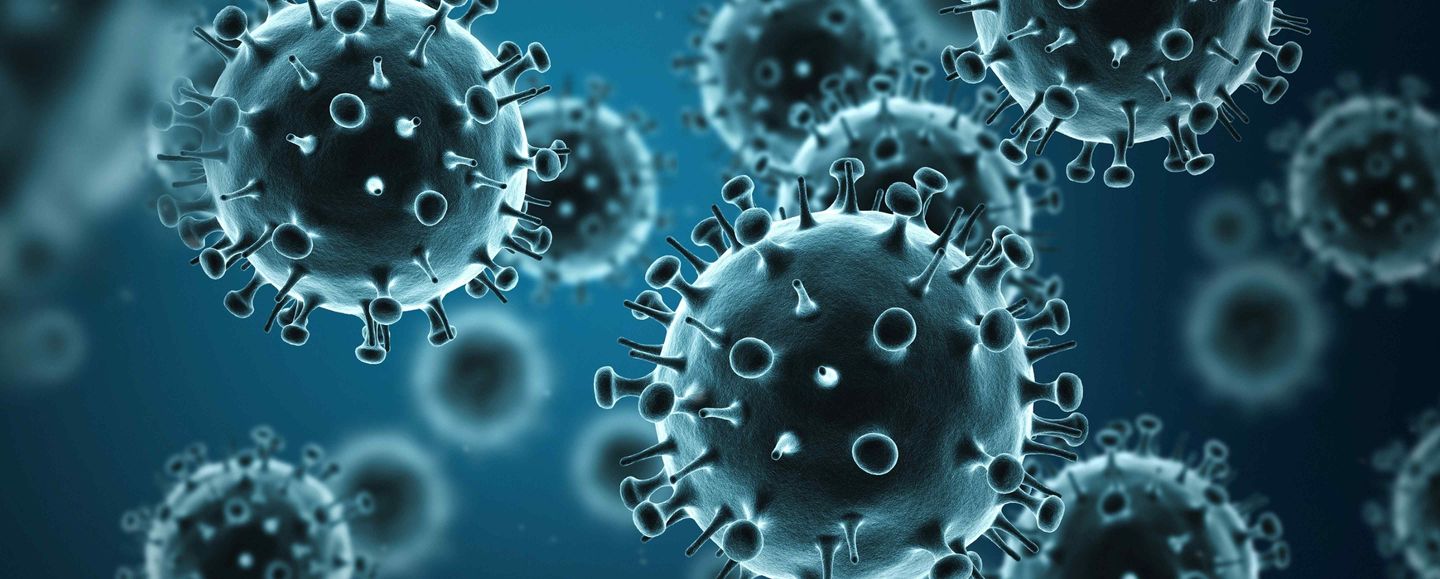
Whether we like it or not, living things are susceptible to any number of diseases and conditions that can threaten or harm the health of those afflicted. Bacteria, viruses, and other microbiological agents are obvious challenges to health. Human disease may be acute, chronic, malignant, or benign, and it is usually indicated by signs and symptoms such as fever or vomiting. Additionally, diseases may be communicable (contagious) or noncommunicable; of the latter, the four major types identified by the World Health Organization are cancer, cardiovascular disease, chronic respiratory disease, and diabetes mellitus. Below are some of the common health conditions and diseases that affect humans.
Acne is a disorder of the hair follicles and oil glands (sebaceous glands). The sebaceous glands secrete oils (sebum) to keep the skin moist. When the…
Alzheimer’s disease is the most common form of dementia, affecting 5.2 million Americans over the age of 65, as well as hundreds of thousands…
Arthritis and other rheumatic diseases are common conditions that cause pain, swelling, and limited movement. They affect joints and connective…
Asthma is a chronic, inflammatory lung disease involving recurrent breathing problems. The characteristics of asthma are…
Breast cancer is a common type of cancer. Most women who get it (8 out of 10) are over 50, but younger women, and in rare cases, men can also…
Chickenpox is a common childhood disease. It causes an itchy, blistering rash and is easily spread to others. chickenpox infection is very…
Chlamydia is a common sexually transmitted infection (STI) caused by bacteria. People who have chlamydia often don’t have outward symptoms…
Cold sores are small blisters around the mouth, caused by the herpes simplex virus. They are sometimes called “Fever Blisters”…
Pink eye, also called conjunctivitis, is an irritation or infection of the conjunctiva, the membrane that lines the inside of the eyelid and the…
Crohn’s disease is a chronic, inflammatory disease of the gastrointestinal tract. It is an autoimmune disorder, meaning your…
Diabetes also called diabetes mellitus, is a condition that affects insulin, a hormone that breaks down sugars in the food you eat and converts…
Dystonia is a disorder that affects the way the body moves. It causes the muscles to contract, which makes them move involuntarily or get stuck in…
Epilepsy is a condition that affects the brain and is defined by repeated seizures. Epilepsy affects more than 600,000 people in the UK. Almost in…
Erectile dysfunction is defined as the persistent inability to achieve or maintain penile erection sufficient for satisfactory sexual performance…
Fibroids are growths made of smooth muscle cells and fibrous connective tissue. These growths develop in the uterus and appear alone or in groups…
Gonorrhea is a sexually transmitted infection caused by a bacteria. The number of people getting gonorrhea in Scotland has doubled over the…
Hepatitis is a general term used to describe inflammation of the liver. Liver inflammation can be caused by several viruses (viral hepatitis)…
When we say, “herpes” many of us are thinking about genital herpes, famously known as an incurable inconvenience. But there is more to it…
Blood pressure is the force of the blood pushing against the artery walls. The force is generated with each heartbeat as blood is pumped from the heart…
AIDS (acquired immunodeficiency syndrome) is caused by the human immunodeficiency virus (HIV). This kills or impairs cells of the immune…
Human papillomavirus (HPV) is a viral infection that’s passed between people through skin-to-skin contact. There are over 100 varieties of HPV, more…
Infertility is a problem of the reproductive system. It affects the body’s ability to reproduce. It could be caused by a problem with the man’s…
Most cancers are named after the part of the body where the cancer first begins, and kidney cancer is no exception. Kidney cancer begins in…
You have two kidneys, located near the middle of your back, just below the rib cage. Each is about the size of your fist. Tiny structures called nephrons are…
Lung cancer is one of the most common and serious types of cancer. There are usually no signs or symptoms in the early stages of lung cancer, but many…
Systemic lupus erythematosus (SLE or lupus) is a disease that causes your body’s immune system to attack its own cells and tissues. It causes…
Lyme disease is a bacterial infection that can be spread to humans by infected ticks. It’s usually easier to treat if it’s diagnosed early…
Pelvic inflammatory disease or PID is an infection of a woman’s reproductive tract. It can affect the uterus, fallopian tubes, and the ovaries. Scar tissue…
